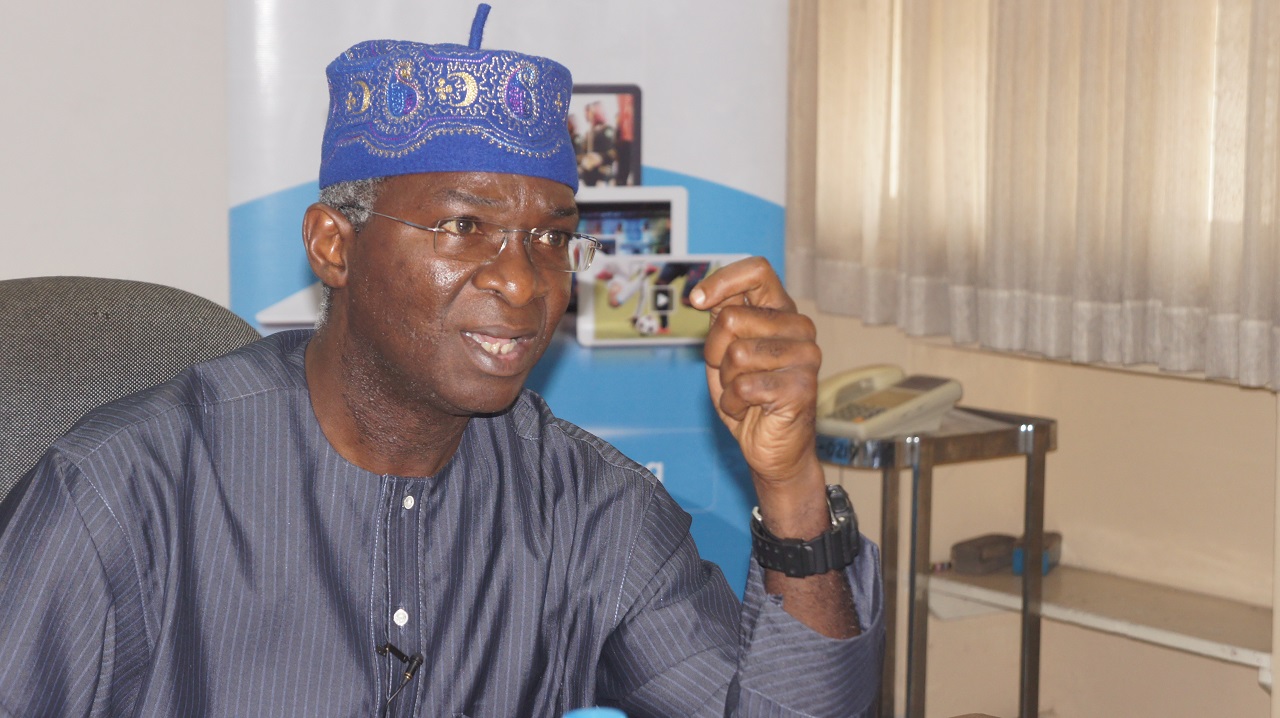At the inauguration of the Federal Executive Council (FEC) in September 2015, six months after the coming in of President Muhammadu Buhari administration, Minister of Power, Works and Housing and immediate former governor of Lagos State, Babatunde Fashola assured Nigerians that better experience in power will come the way of Nigerians.
More than three years on, the situation met by the current government is yet to change.
As it is, the nation’s power sector has been struggling to sustain an average daily supply of 3,761 megawatts (MW) within the first nine months of 2018.
This was discovered vide the performance trend data available at the office of the Vice President, Prof. Yemi Osinbajo.
Besides, the power sector also lost N381 billion during the period under review as a result of high frequency resulting from unavailability of distribution infrastructure, poor gas supplies to generation companies, and water management constraints were the major challenges of the sector.
Though there had been momentary peak power generation of 5,222MW on December 18, 2017, not all was evacuated, rather it managed to generate and supply up to 4000MW for only 72 out of the 263 days of 2018.
Whereas the Minister and electricity distribution companies (Discos) through the Association of Electricity Distributors of Nigeria (ANED) have over time been having issues arriving at same power generation and distribution figures, the association is yet to come to terms with figures usually released by the minister at the detriment of Nigerian power users and prohibitive tariffs and billing platforms.








